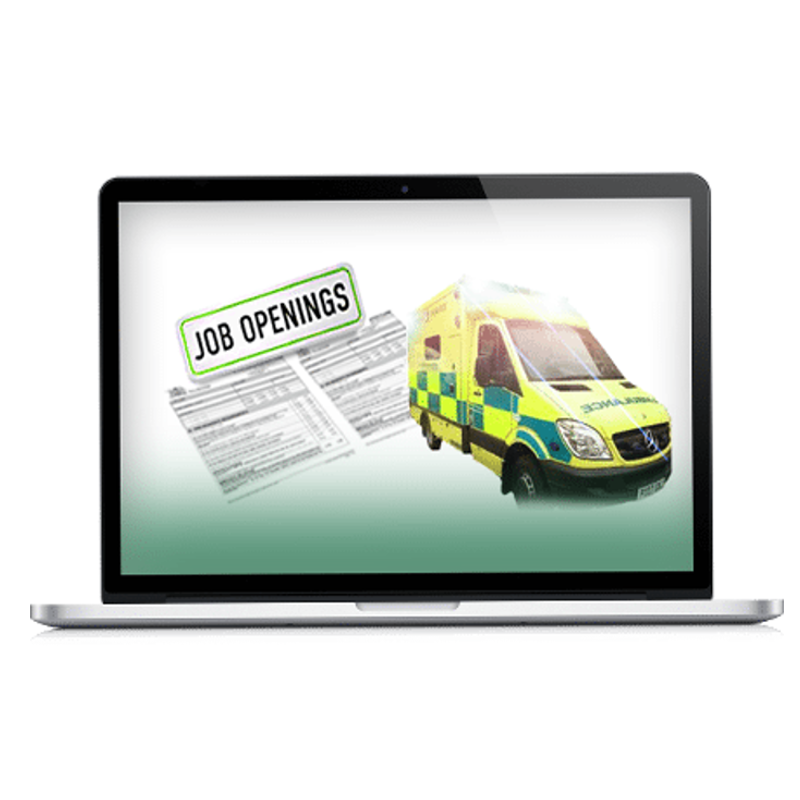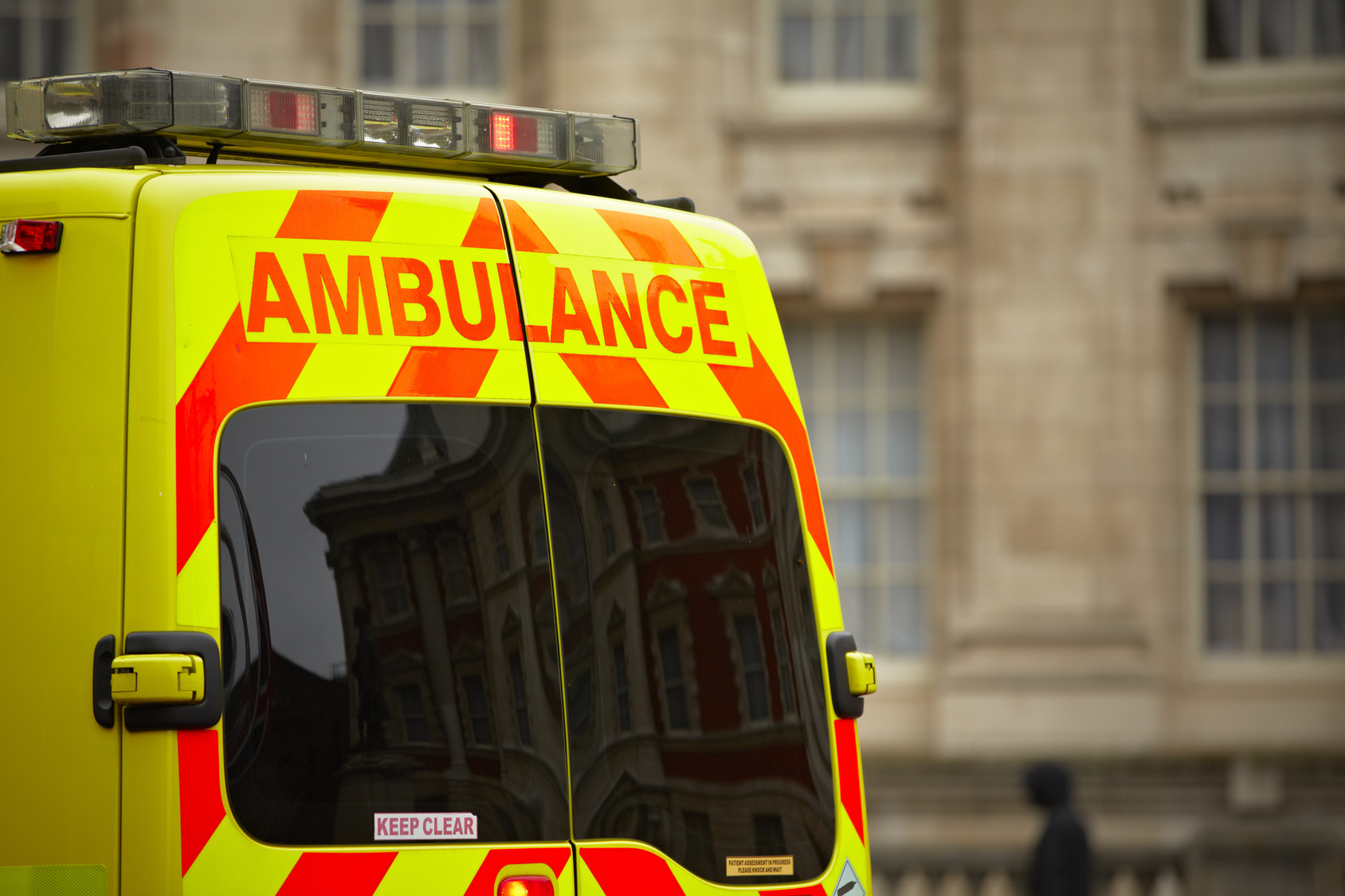The Friday before Christmas is a night that the majority of paramedics dread, and for good reason. Dubbed Black Eye Friday, this is a night that sees the paramedic services stretched to their limits, in their attempt to deal with drunken escapades, fights and pre-Christmas accidents. In this blog, we’ll take a factual look at the impact that ‘Black Eye Friday’ has on the UK paramedic services.
Black Eye Friday: Why does it happen?
Medical and social experts believe that the reason for the ‘Black Eye Friday’ phenomena is that the closer it gets to Christmas, the more reason people feel to go out and get ‘merry’. The festive season brings with it a great number of dangers, with drinking to excess being one of them. This doesn’t just extend to the evenings, but to the daytime too, where December brings a higher than usual number of accidents.
What do paramedics have to deal with?
In short, a whole lot. Drugs, alcohol, fights, stabbings, falls and breakages are just part and parcel of a regular Black Eye Friday for paramedic workers. The influence of drugs and alcohol in particular mean that even when paramedics are called in to help, they may not receive the politest of treatment from those that they are helping on Black Eye Friday.
What impact does this have on the paramedic services?
As you can guess, the impact that this has is fairly damaging. Alongside serious incidents, the preventable non-serious incidents that paramedics are called to is almost double the usual rate on Black Eye Friday, and this means that increasing amounts of time are being wasted on dealing with non-life threatening, entirely preventable incidents; rather than on serious accidents. The stats are fairly damning. Last year in London, over 650 ambulance call-outs were made between the Friday and Sunday before Christmas, due to drink related Black Eye Friday incidents. Similarly, Manchester police have stated that they received over 2,000 phone calls by 10pm, and the North West Ambulance Service received more than 3,000 by the time midnight arrived.
The numbers speak volumes, and have incurred a strong warnings from authorities – Stop taking up the medical time of people who really need it, or we will all suffer the consequences.




